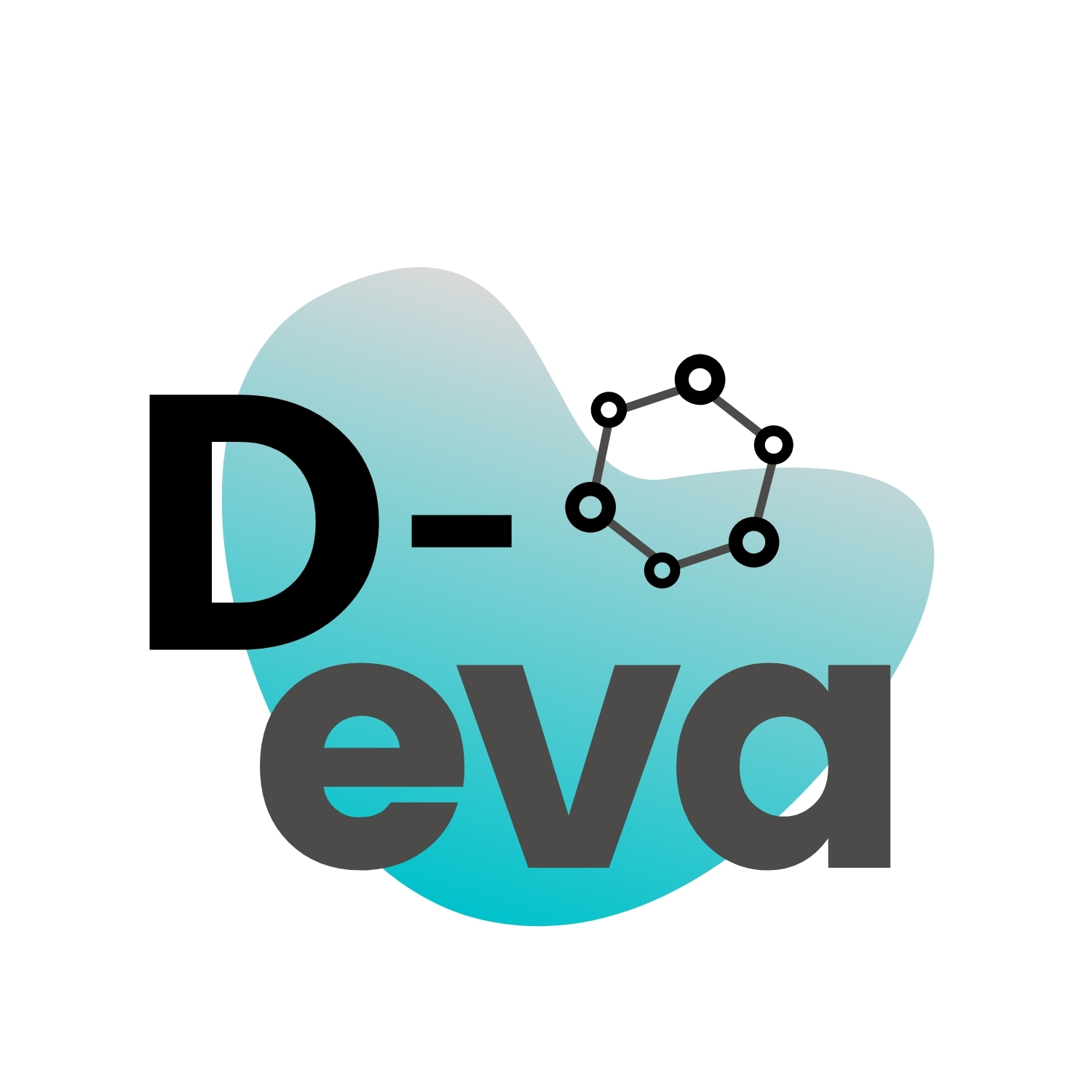
Engaging with scientific literature
by: D-Eva ProjectKeywords
Online research, information literacy, audio feedback, self and peer assessment
Problem justification
University students are required to write a variety of reports for assessment purposes. A research report is one type that is often used not only in the sciences or engineering but also in psychology and educational sciences. Hence the aim is to build a list of references necessary for a literature review when students write about a research topic. To accomplish this task, usually the students go to university library and access it informational resources (books, journals, periodicals, films and videos, databases etc.). In addition to individually-focused studying, students come to a library for various purposes, such as group learning, collaborating, or socializing.
But with the advent of Internet and web technologies, digital libraries and online databases are quickly becoming the norm at colleges and universities as ways to expand the materials available to students and to help them refine their research skills. On the other hand, today’s students don’t know the world without the internet. So, this “laptop generation, whose idea of research is a quick troll through Google” (Sharp, 2005), needs to be encouraged to explore its school's digital libraries. Moreover, the COVID-19 pandemic, with campuses closed for extended periods, has forced students to remain and study at home. So, they rely on digital and other research facilities, such online repositories or databases, provided by universities.
Therefore, we can think at a digital transformation with multiple benefits, in terms of: - helping students make better use of online library information - facilitating students’ interaction with their and other colleagues’ work through digital library services - reducing teachers’ time load when digital assessing students’ work.
See for more details: https://tomorrowsprofessor.sites.stanford.edu/posting/673
Competences
developing a search strategy, solid online research skills (using search keywords, Boolean operators, online databases thesaurus etc.)
locating appropriate scientific literature
synthesis and critical thinking / evaluation (teaching students how to be critical evaluators of information they encounter during online research is an essential life skill)
critical reading (to ensure critical writing)
critical writing of references following APA standard
communication, research and organizational/learning skills are core competences acquired by scientific research activity
Assessment strategies and instruments
Teachers can make use of a set of questions (as a digital checklist or a questionnaire), to ask students to reflect upon their assignment (and to discuss with teacher or their peers):
What are some of the criteria/limitations you can tell the database to use in order to search for a topic?
What do you do to find articles in which you can see the ‘full text’ online?
How did you narrow your search enough so that you had 30 or less "hits" (i.e., articles, books, or chapters) for your topic? What did you find most helpful in narrowing your search?
If you encounter a problem in conducting your literature search, please explain in detail what the problem was.
Students will do a peer-assessment using the grading rubric below and then discuss in pairs (share ideas, compare references etc.). Thus, the students have the opportunity to revise, before submitting for teacher assessment (TA) and further comment. The evaluation from the peer and TA are intended to provide feedback as the student proceed with the research for term paper.
At the end, each pair will share their opinion in front of the class.
Assessment criteria
Table 8.
Grading Rubric for peer assessment
Grading Scheme for formative/summative assessment
A – Focused around a clearly research questions. The search was performed with at least 2 databases and 2 search engines. The final list reflects analysis, interpretation and synthesis of information (less than 10 years, educational sciences content etc.). All references are cited correctly. The writing is excellent.
B – The research question is clearly stated. It is unclear how many databases or search engines were used. There is some original thinking but is not as well focused as an A paper. All references are cited correctly. The writing is good.
C – The research question is unclear. Writing and organization are mediocre.
D – The research question is unclear. There is inadequate detail with no analysis. Writing is poor.
Description of the feedback
In our case, the feedback is asynchronous written (on LMS), oral or video feedback and self and peer assessment (individual and in pairs).
Type of digital tools
- A Concept Map tool (ie Coggle)
- A virtual collaborative board (ie WEJE).
- A slideshow software (ie. MS PowerPoint)
- To organize questions as a checklist (ie CheckLI)
- To give feedback (recorded while correcting) (ie TechSmith Capture)
Levels of potential digital transformation
Under exploration: the technology exists but it is not easily accessible
Accessible and available: developed lots of times, easy and known
Example of a case
See more examples:
https://web.cortland.edu/rombachk/portfolio/doc/Small-scale%20literature%20review.htm
References
https://ecampusontario.pressbooks.pub/techtoolsforteaching/
http://21cif.com/tutorials/micro/directory
https://library.louisville.edu/ekstrom/english-infolit/home
https://guides.library.utoronto.ca/CITB03/newspapers/searchstrategy
https://newseumed.org/tools/lesson-plan/quick-skim-or-deep-dive-picking-right-search-strategy
https://libguides.wustl.edu/c.php?g=676977&p=4770598
https://www.monash.edu/rlo-old/assignment-samples/science/stand-alone-literature-review
https://library.aut.ac.nz/doing-assignments/literature-reviews
Documents
No comments yet